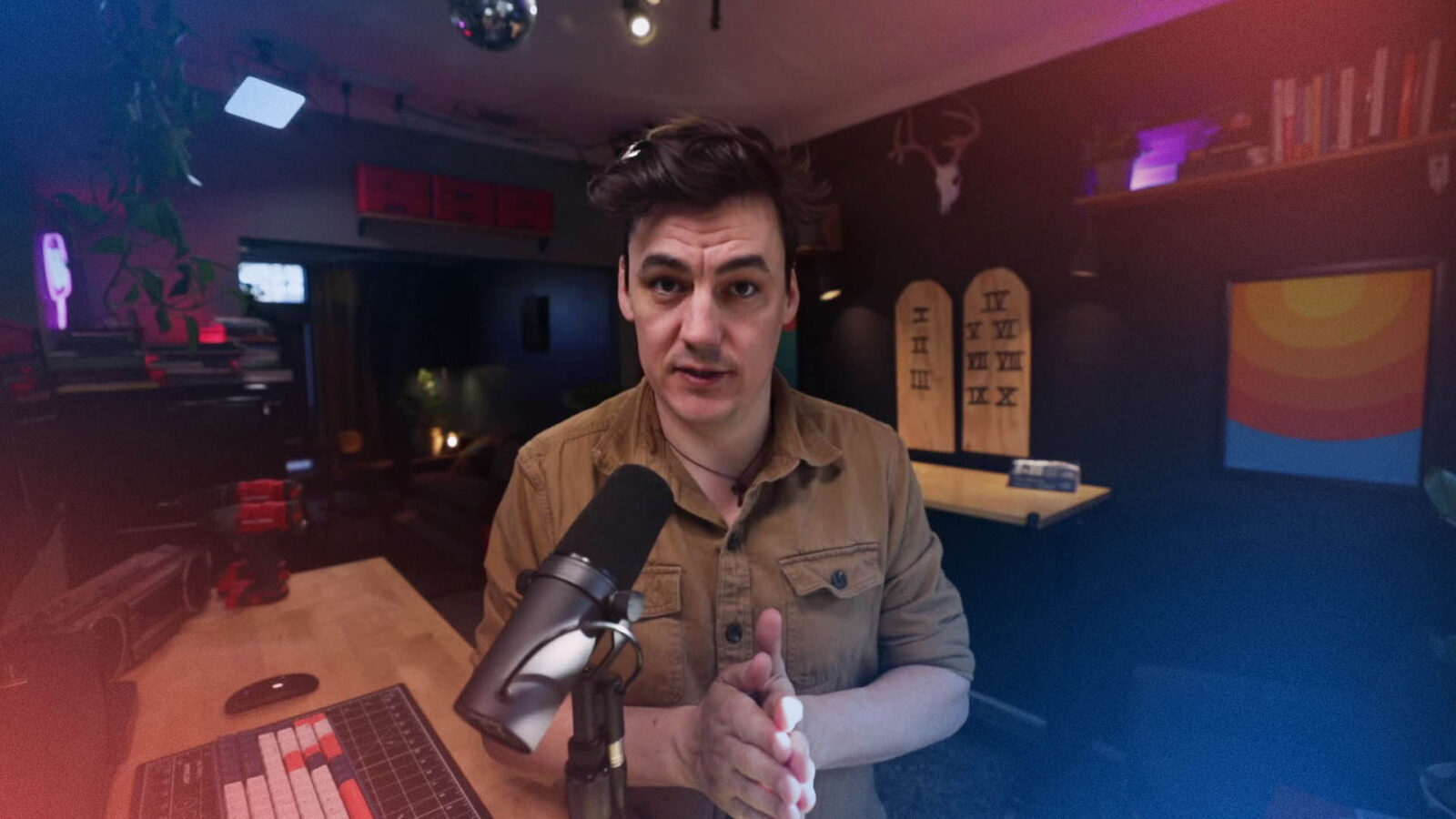Video Transcript
Edmund: You may have heard that forgiveness is really important. I mean it’s a major part of Christianity. Jesus told us to forgive. It’s easy to forgive when the stakes are low but when they’re really high, it’s a lot harder.
Okay don’t uh shoot me in the neck.
Okay. So forgiving people can be hard for three reasons:
First of all, we think that if we forgive someone it might happen again.
Hitch: Don’t ever do that again.
Edmund:And secondly, we think if we forgive someone we’re approving of that behavior.
Youtuber: This, this is not okay. This needs to stop now.
Edmund: And then finally we’re afraid that if we forgive someone like they haven’t had enough consequences for their actions like maybe they need to be punished a little more.
Darth Vader: Now. you will suffer, Obi-Wan.
Edmund: But unforgiveness is like, oh, it’s like carrying a whole bunch of heavy rocks around. You know the weight of all of that unforgiveness. But forgiving people, it’s about letting go of it.
I mean sure it’s about the other person too but forgiving people is about you letting go of that weight of anger and resentment and letting go of any revenge that you might seek.
I mean we believe in the creed, in the forgiveness of sins. And so we can ask God to help us forgive other people.
It doesn’t mean we can’t set boundaries with people still.
It doesn’t mean that we have to forget but it’s letting go of the past offenses and what’s happened so that we can move on.
But, how do we forgive? How do we work through the emotions of really letting something go and forgiving someone?
Okay. All right. You were so close, you missed it by that much.
Ah. By the way, here’s here’s a format for apologizing: first saying, acknowledging that what you did really hurt the person. “Oh hey, I know what I did really hurt you.”
Ali: I know what I did really hurt you.
Edmund: Then saying “I’m sorry for doing that thing.”
Ali: I’m sorry for shooting you with my bow and arrow.
Edmund: This is the part where you take responsibility for your actions.
Ali: That was my fault, it was my bad.
Edmund: Then you could offer to resolve it somehow, offer a solution.
Ali: I can take you to the hospital if you want.
Edmund: Yeah, that’d be nice. Then it’s also really important to actually ask specifically for forgiveness, especially if the person doesn’t say I forgive you. They might just say “ah, it’s all right, don’t worry about it whatever.” It’s important to push through and really ask the person, “do you forgive me?”
Ali: Will you forgive me?
Edmund: Uh, yes.
Ali: Okay let’s go.
Edmund: I’m feeling a little light-headed.
Ali: Why are you limping?
Edmund: Holding resentment and unforgiveness is kind of like drinking poison hoping it’ll hurt the other person. Oh man, I really don’t like her. Ah, not forgiving you at all, never gonna forgive you
Not forgiving you, still not forgetting…
All of us will fall short at some point in our lives and in the Catechism paragraph 979 it says, “In this battle against our inclination towards evil, who could be brave and watchful enough to escape every wound of sin?” And even Jesus says in Matthew 6:14, “If you forgive other people when they sin against you so too will your father forgive you.”
So next time we say the creed and we pray, “I believe in the forgiveness of sins,” let’s remind ourselves that we’re really asking God for grace to forgive others and in the same way Jesus offers us forgiveness, we should offer others forgiveness as well




